Cost Segregation:
Maximizing Your Tax Savings

What is Cost Segregation?
Cost Segregation is a powerful tax planning tool that allows property owners to accelerate depreciation deductions, significantly reducing tax liability and improving cash flow. By identifying and reclassifying personal property assets within a building, Cost Segregation breaks down the components of a property into shorter-lived categories for depreciation purposes.
Benefits of Cost Segregation
Increased Cash Flow
By accelerating depreciation, property owners can defer taxes and use the savings for reinvestment, expansion, or other business needs.
Tax Deferral
Cost Segregation allows for a greater portion of the property's cost to be depreciated over a shorter period, resulting in deferred tax payments.
Improved ROI
The increased cash flow and tax deferral enhance the return on investment for property owners.
How Does Cost Segregation Work?
Cost Segregation involves a detailed engineering study to identify and reclassify building components. Here’s a step-by-step breakdown of the process:

Tax Reclassification
The reclassified assets are then documented and reported for tax purposes, allowing for accelerated depreciation.
Engineering Analysis
Engineers perform a detailed analysis to segregate building components into shorter-lived asset categories.
Initial Consultation
Our experts at JR Tax Advisory Group start with a consultation to understand your property and investment goals.
Benefit Analysis
We request essential data from the client to conduct a cost-free benefit analysis. This step ensures that we can accurately estimate the potential tax savings and provide a clear value proposition before proceeding further.
Site Inspection
A comprehensive site inspection is conducted to identify components that can be reclassified.
Who Can Benefit from Cost Segregation?
Cost Segregation involves a detailed engineering study to identify and reclassify building components. Here’s a step-by-step breakdown of the process:
- Office Buildings
- Manufacturing Facilities
- Retail Spaces
- Apartment Complexes
- Hotels and Resorts
- Medical Centers
Why Choose JR Tax Advisory Group for Cost Segregation?
At JR Tax Advisory Group, we combine tax expertise with engineering precision to deliver the maximum tax savings for our clients. Our team is dedicated to providing personalized service, ensuring that every aspect of your property is thoroughly analyzed for optimal tax benefits. With years of experience and a proven track record, we help property owners achieve substantial tax savings and improved cash flow.

What is Bonus Depreciation?
Bonus Depreciation permits businesses to immediately deduct a significant portion of the cost of eligible property, rather than spreading out the deductions over several years. The Tax Cuts and Jobs Act of 2017 (TCJA) enhanced this deduction from 50% to 100% for qualified property acquired and placed in service after September 27, 2017, and before January 1, 2023.
Phase-Out Schedule
The TCJA provision for 100% Bonus Depreciation is not permanent and started phasing out in 2023. The phase-out schedule is as follows:

80%
for property placed in service after December 31, 2022, and before January 1, 2024.
60%
for property placed in service after December 31, 2023, and before January 1, 2025.
40%
for property placed in service after December 31, 2024, and before January 1, 2026.
20%
for property placed in service after December 31, 2025, and before January 1, 2027.
Currently, there is no formally proposed legislation to eliminate Bonus Depreciation immediately or accelerate its phase-out. However, it’s important for businesses to stay informed about potential changes in tax laws that could impact this benefit.
Eligibility for Cost Segregation Study
Eligible property includes tangible assets such as machinery, equipment, computers, appliances, and furniture. To qualify, the property must meet the following criteria:
- The property must be used predominantly in the business
- The property must have a useful life of 20 years or less
- The property can be new or used, but it must be new to the taxpayer
Real estate investments are excellent candidates for a Cost Segregation Study, especially those built, acquired, or improved within the last 15 years. Ideal candidates include:
- Buildings with a total spend (excluding land value) of $250,000 or more
- RESIDENTIAL BUILDINGS WITH A TOTAL SPEND OF $150,000 OR MORE
- Improvements to existing buildings with a total spend of $250,000 or more
- RESIDENTIAL BUILDINGS WITH A TOTAL SPEND OF $150,000 OR MORE
For properties acquired or placed in service from 2015 to the present, the threshold figures are generally lower, making it an even more attractive option for recent investments.
Limitations
While Bonus Depreciation is highly beneficial, it is not always the best strategy for every entity. Nonprofits, Real Estate Investment Trusts (REITs), and co-ops typically do not benefit as much from this incentive. There are exceptions for some REITs, but generally, these entities may find other tax strategies more advantageous.
Why Consider Bonus Depreciation?
Taking advantage of Bonus Depreciation can lead to substantial tax savings, improved cash flow, and increased investment in business operations. It allows businesses to recapture a large portion of their investments upfront, freeing up capital for other uses.
Contact Us
Unlock the full potential of your property investments with Cost Segregation. Contact JR Tax Advisory Group today to schedule a consultation and discover how you can benefit from this valuable tax strategy.

